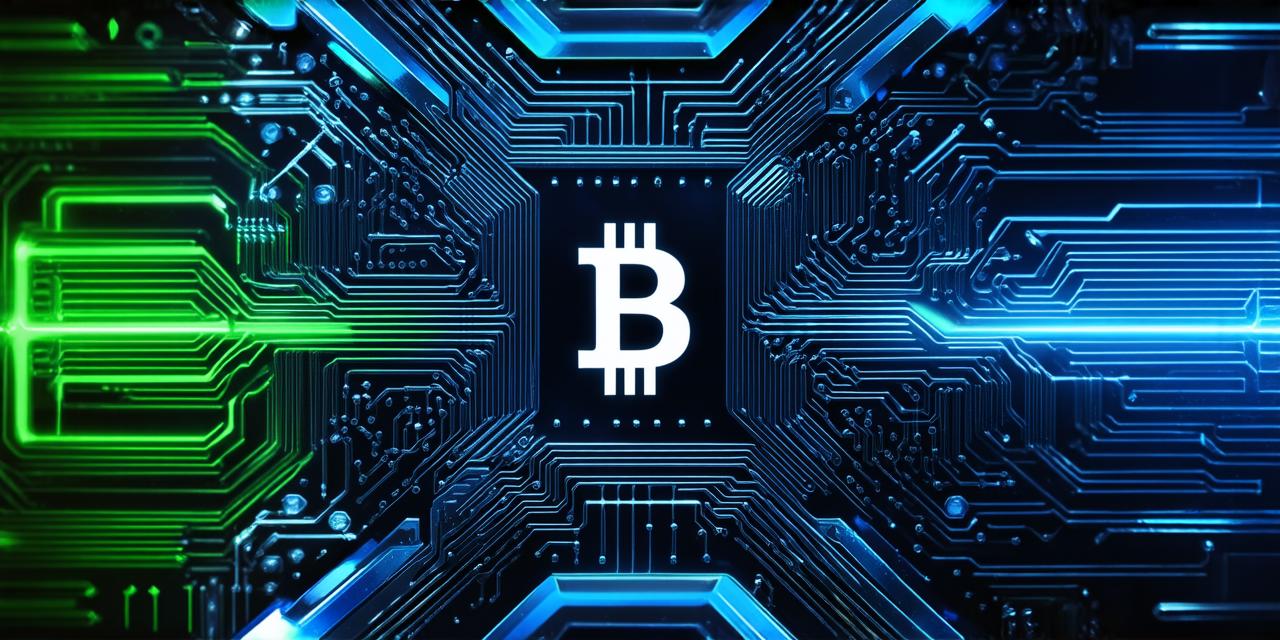Understanding Blockchain Transactions
A blockchain transaction is the transfer of digital assets or data from one party to another on a public ledger. It involves the creation of a new block in the blockchain, which contains the details of the transaction. The speed of a blockchain transaction depends on several factors, including the network congestion, the type of blockchain protocol used, and the hardware capabilities of the nodes participating in the transaction.
Factors Affecting Blockchain Transaction Speed
Network Congestion
Network congestion occurs when there is a high volume of transactions on the blockchain network, which slows down the speed of transactions. This can happen during peak hours or special events that attract a large number of users to the network. In such cases, transactions may take longer to be processed and confirmed, leading to frustration for users.
Blockchain Protocol Used
Different blockchain protocols have varying speeds at which transactions are processed. For example,
Bitcoin
transactions can take up to 10 minutes to be confirmed due to its slow block confirmation time. In contrast,
Ethereum
transactions can take anywhere from a few seconds to several minutes, depending on the network load and complexity of the transaction.
Hardware Capabilities of Nodes
The speed of blockchain transactions also depends on the hardware capabilities of the nodes participating in the transaction. Nodes with faster processors and more memory can handle more transactions per second, leading to faster confirmation times.
Smart Contract Complexity
Smart contracts are self-executing programs that run on the blockchain. They can be used for various purposes, including crowdfunding, supply chain management, and identity verification. However, complex smart contracts can slow down transaction speed due to their higher computational requirements.
Gas Fees
Gas fees are the costs associated with executing a blockchain transaction. They vary depending on the network load and complexity of the transaction. Higher gas fees can lead to faster confirmation times, as the nodes will prioritize transactions with higher fees.
Data Size
The size of the data being transferred in a blockchain transaction also affects its speed. Larger data sets can take longer to be processed and confirmed, leading to slower transaction speeds.
Real-Life Examples of Blockchain Transactions
Bitcoin
Bitcoin transactions can take anywhere from a few seconds to 10 minutes to be confirmed, depending on network load and congestion. For example, during the peak hours of Black Friday,
Bitcoin
transactions slowed down significantly due to high network congestion. In contrast, during periods of low network usage,
Bitcoin
transactions can be processed within seconds.
Ethereum
Ethereum transactions typically take between a few seconds and several minutes to be confirmed, depending on the network load and complexity of the transaction. For example, in 2017, there was a surge in
Ethereum
transactions due to the launch of Initial Coin Offerings (ICOs). This led to slower confirmation times for many users, with some transactions taking up to 20 minutes to be confirmed.
Ripple
Ripple is a fast payment protocol that allows for instant cross-border payments. It has an average transaction speed of just 4 seconds, making it one of the fastest blockchain networks in existence. For example, in 2019, Deloitte used
Ripple
to facilitate a $10 million payment between two banks in different countries within seconds.

FAQs
Q: What is the maximum number of transactions per second on
Bitcoin
?
A: According to data from Blockchair, the maximum number of transactions per second on
Bitcoin
is around 7 transactions per second, although this can vary depending on network load and congestion.
Q: How long does it take for a
Bitcoin
transaction to be confirmed?
A: On average, it takes between 10 minutes to several hours for a
Bitcoin
transaction to be confirmed, depending on network load and congestion.
Q: What is the maximum number of transactions per second on
Ethereum
?
A: According to data from Etherscan, the maximum number of transactions per second on
Ethereum
is around 15 transactions per second, although this can vary depending on network load and complexity of the transaction.
Q: How long does it take for an
Ethereum
transaction to be confirmed?
A: On average, it takes between a few seconds to several minutes for an
Ethereum
transaction to be confirmed, depending on network load and complexity of the transaction.
